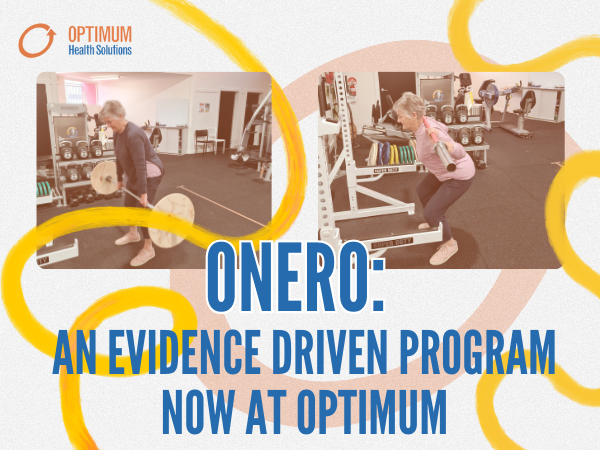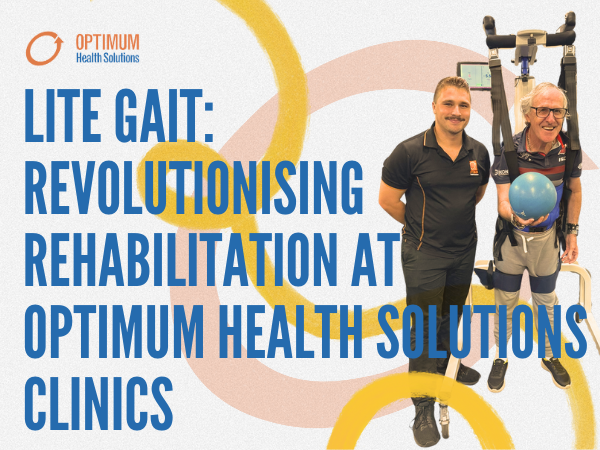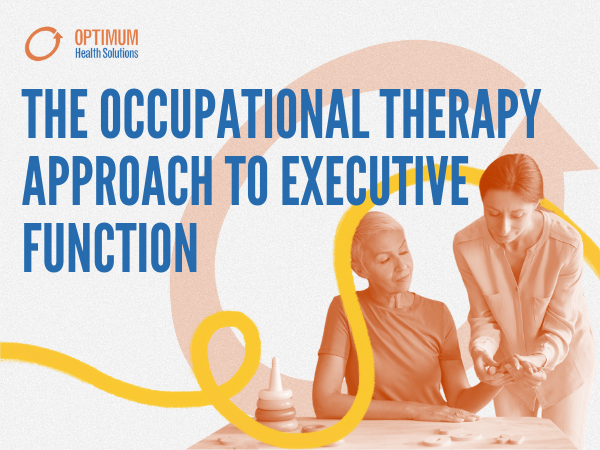Are you ready to make a change?
If you haven’t already, most people will set new year resolutions. I am all for it. Setting goals is extremely an important part of achieving the outcomes that you desire. This is no different for your health. This is a huge part of our job as Exercise Physiologists, and it is highlighted at this time of year, when people come to us wanting to achieve their new year resolutions. We facilitate behavioural change with our clients, to help establish healthier choices that, in the long term, can “Enable people to live life to the fullest.” This is opposed to merely setting a resolutions, following them for a week, then going back to old habits.
As practitioners, we might be able to prescribe a clinically fantastic program with all the bells and whistles, but if the individual is not at a stage in their life where they are ready to commit to the program, they are not going to get the most out of it.
The Transtheoretical Model of Behaviour Change assesses a person’s readiness to act on a new healthy behaviour. This model contains 5 stages that an individual will progress (or regress) through.
These include:
1. Pre-contemplation (not wanting to change at all).
2. Contemplation (considering and learning about change).
3. Preparation (preparing for change).
4. Action (adopting new changes).
5. Maintenance (being able to maintain those positive changes over time).
A true stage of change can’t be identified by measuring enthusiasm. The start of something new is usually exciting, and it is typical for individuals to want to adopt big changes all at once.
Let’s consider the example of a client who is overweight and looking to lose 20kg in time for a tropical holiday they’d booked. They have 6 months to reach their goal. They are adamant that they are ‘willing to do anything’ to get there.At first glance, they may appear to be in the ‘action’ stage of change, since they are enthusiastic to get started on a weight loss plan. However, the true stage of change can’t be measured by enthusiasm alone! Once the novelty of a new plan wears off, the true stage of change will begin to appear. This is a reason why it’s common for those looking to lose weight will start exercising up to 7 days per week, sometimes even twice per day – wanting instant results!
3 crucial questions to ask, to identify the true stage of change:
1. What have you tried so far, to make progress towards your goal? We are looking carefully for a long list of fad diets and gimmicks here.
2. What do you think has held you back from achieving the results you want? We are looking for external factors such as stress. Excuses for their behaviour that “are (apparently) out of their control.”
3. On a scale of 1 to 5, how likely would you be able to exercise for at least ‘X’ minutes, for ‘Y’ days next week? We are looking at willingness to adopt change in a quantifiable manner – not just from an emotional standpoint.
Those in the pre-contemplation stage need to identify reasons “why” change is worthwhile. The contemplation stage will often benefit from discussing how to achieve the changes. The preparation stage may benefit from discussing a schedule for when to exercise, or what equipment is required. An action stage is ready to take on the plan – just make sure an appropriate pace is adopted. A new set of challenges may be used to continue to motivate those in the maintenance phase.
As you can see, there is a lot more to it than jumping in and trying the latest fad, to achieve health and fitness results.If you are wanting to get in and make a real change in 2016, an Exercise Physiologist at Optimum can discuss what stage of change you may be in, and prescribe the appropriate steps to ensure your long term success.








